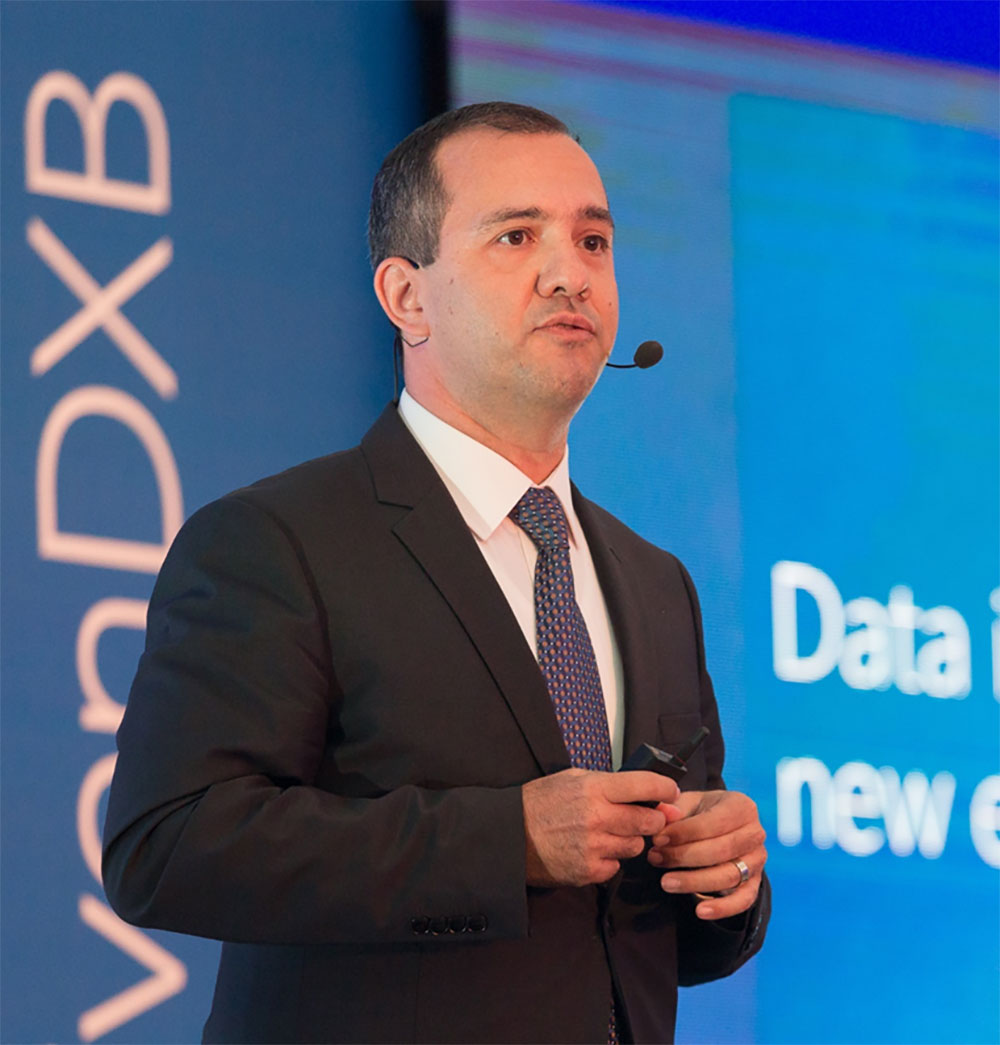Necip Ozyucel, Cloud and Enterprise Business Solutions Lead, Microsoft Gulf, tells Intelligent CIO what he believes are the current barriers to digital transformation in the Middle East and how can CIOs overcome these.
Digitalisation has become imperative for companies worldwide as smart adoption of technologies can help organisations reinvent their business models, achieve major operational and cost efficiencies, and become more relevant to their customers.
While UAE companies lead their GCC peers in going digital, organisations in the Middle East must do more to engage consumers in their market, and stay relevant in an age of disruption. Many companies in the region have not yet fully embraced digitisation as they are held back by legacy systems, an absence of partners implementing digital projects, cybersecurity concerns, an insufficient talent pool and skills gap, as well as lack of a digital adoption strategy.
However, despite the challenges, we have seen encouraging adoption rates across MEA. CIOs in the region believe that digital solutions will serve a lot in terms of performance, operations, security, control and business growth and have been actively working toward it. They have a primary role to play in identifying which parts of the business could be transformed and which emerging technologies would be the best fit. The CIOs also ensure that ultimately the technologies are integrated in the enterprise IT platform ensuring existing systems are transformed into a flexible and optimised IT infrastructure fully capable of supporting a truly digital enterprise.
CIOs also act as change agents to innovate with businesses and create a change enterprise. According to Frost & Sullivan , the Gulf’s cloud computing market will post seven-fold growth and expand at a CAGR of 32.8% to reach $668.5 million by 2020. Gartner forecasts a global cloud services market that will be worth more than $380 million by 2020, and Infrastructure as a Service will be $71bn of that.
Organisations which are reticent in making the digital transformation journey are oftentimes simply unaware of the benefits. For example, the majority of security concerns can be addressed through the cloud. Microsoft alone spends around $1bn annually on cyber-security R&D. Our protection measures are industry leading, because Azure has been built from the ground up with security embedded in every layer. The below examples demonstrate the region addressing digitisation challenges and embracing technological transformation, ensuring end-user experiences are optimised for successful outcomes.
- In the UAE, Dubai-based Majid Al Futtaim Ventures has adopted Microsoft Dynamics 365, Office 365 and a range of supporting apps, as a means of enhancing customer engagement and optimising internal efficiencies across the group’s many business units.
- Jumeirah Hotels & Resorts adopted Microsoft Dynamics 365 to create personalised, targeted and relevant marketing experiences for each customer that drives an increase in revenue year-on-year.
- Dubai Electricity and Water Authority (DEWA) adopted the Microsoft HoloLens to enhance its operations, improve productivity, accelerate innovation, and fully efficient services to its customers.
- The Kuwait Ministry of Finance is using Microsoft technology, including SharePoint Server and Office 365, to create a custom digital signature and document-management solution for increasing efficiency, and enhancing mobility.
- Dubai Electricity and Water Authority (DEWA) launched the Rammas service recently, becoming the first government organization to launch an online chatbot in both Arabic and English, to communicate with customers and respond to their enquiries.
- Bahrain Olympic Committee leveraged Azure cloud platform to address its operational concerns.


